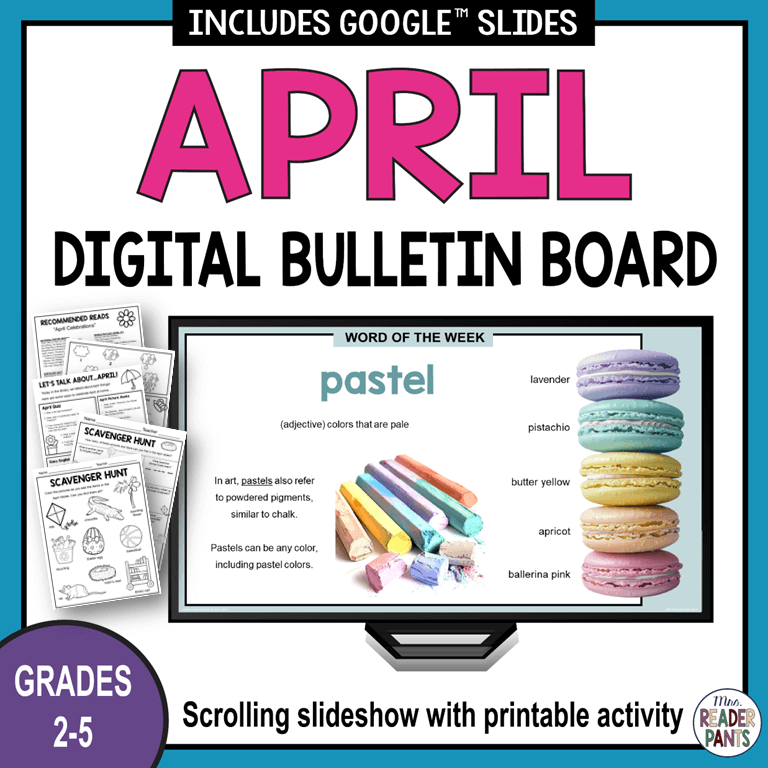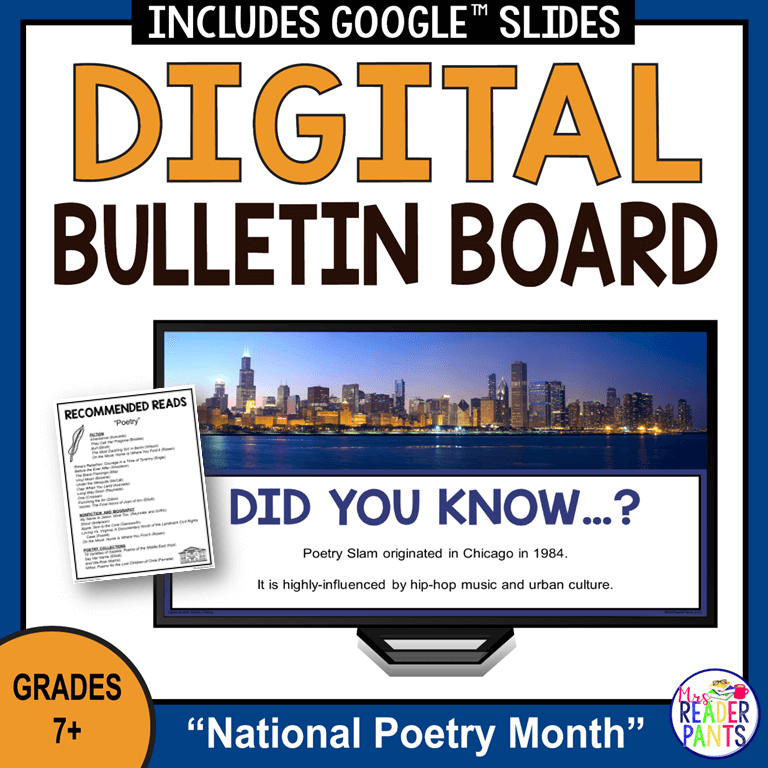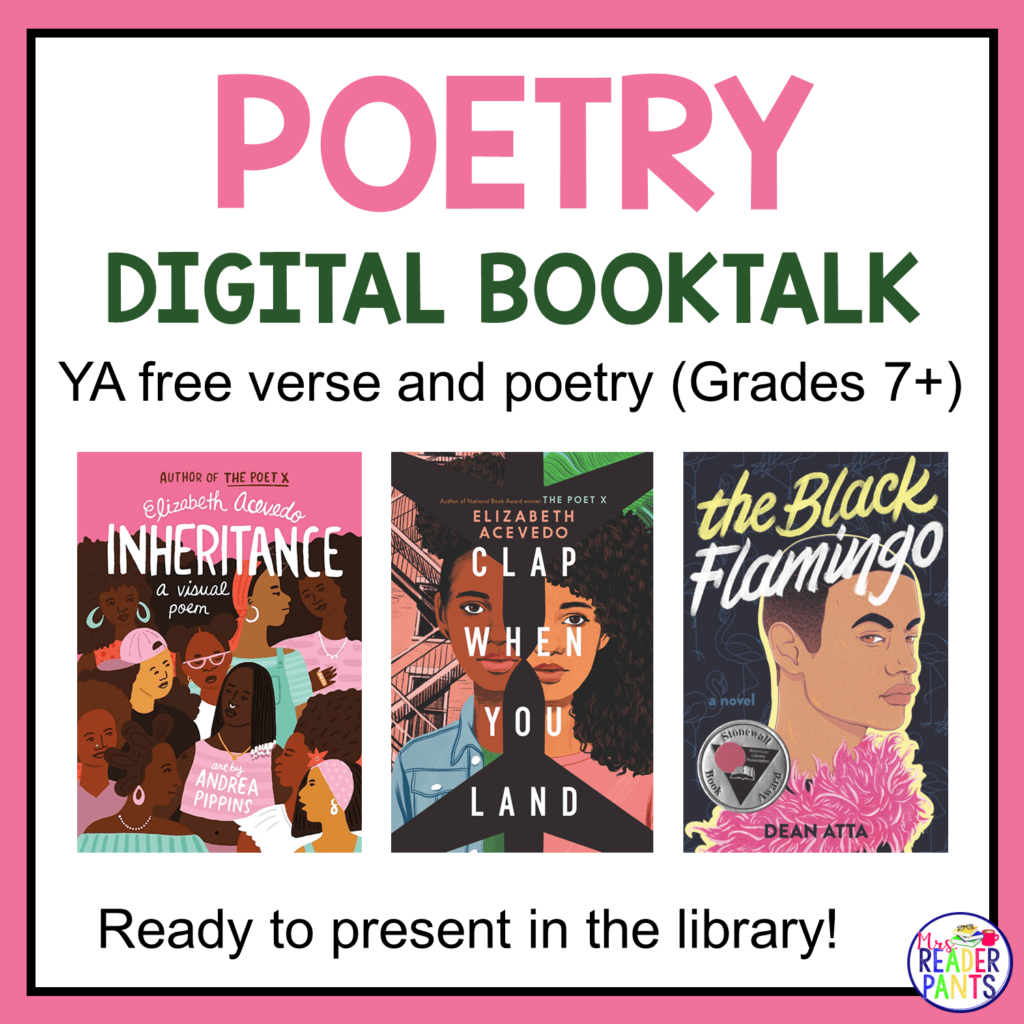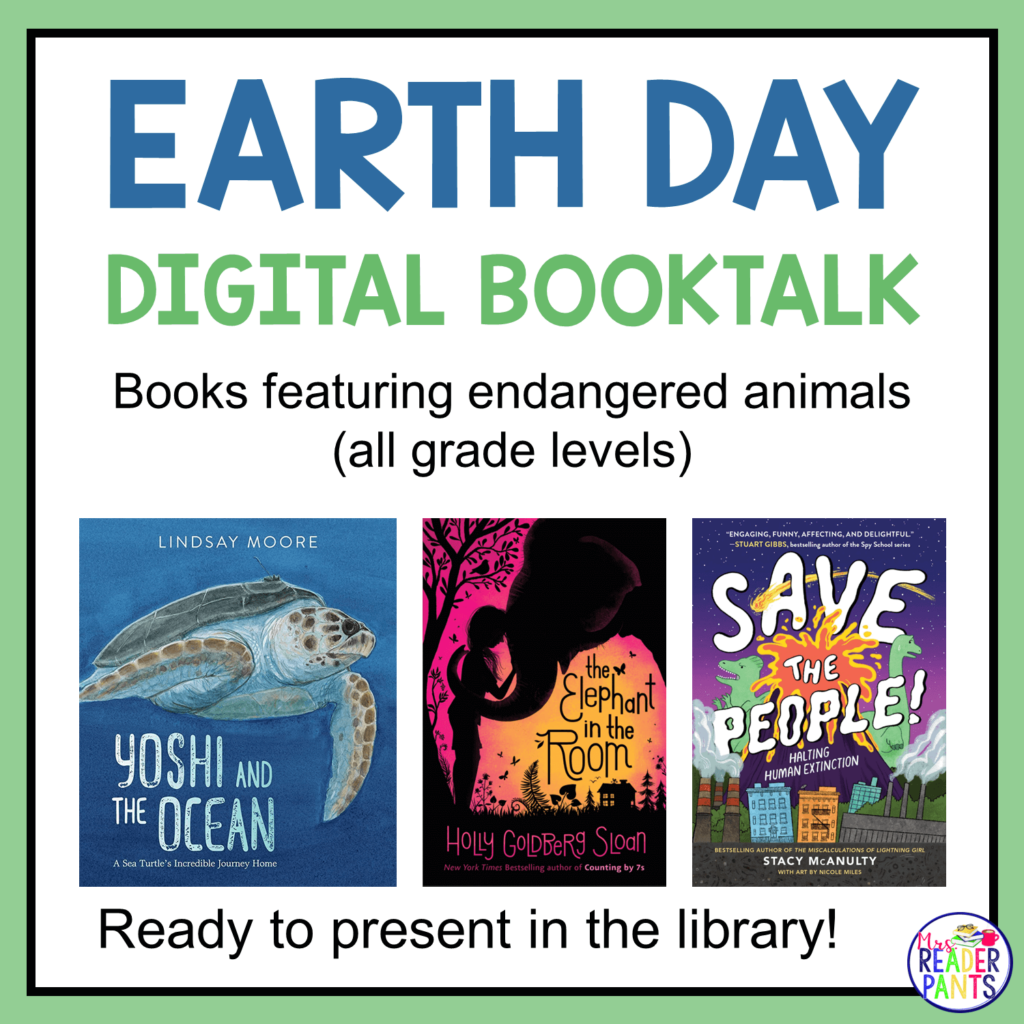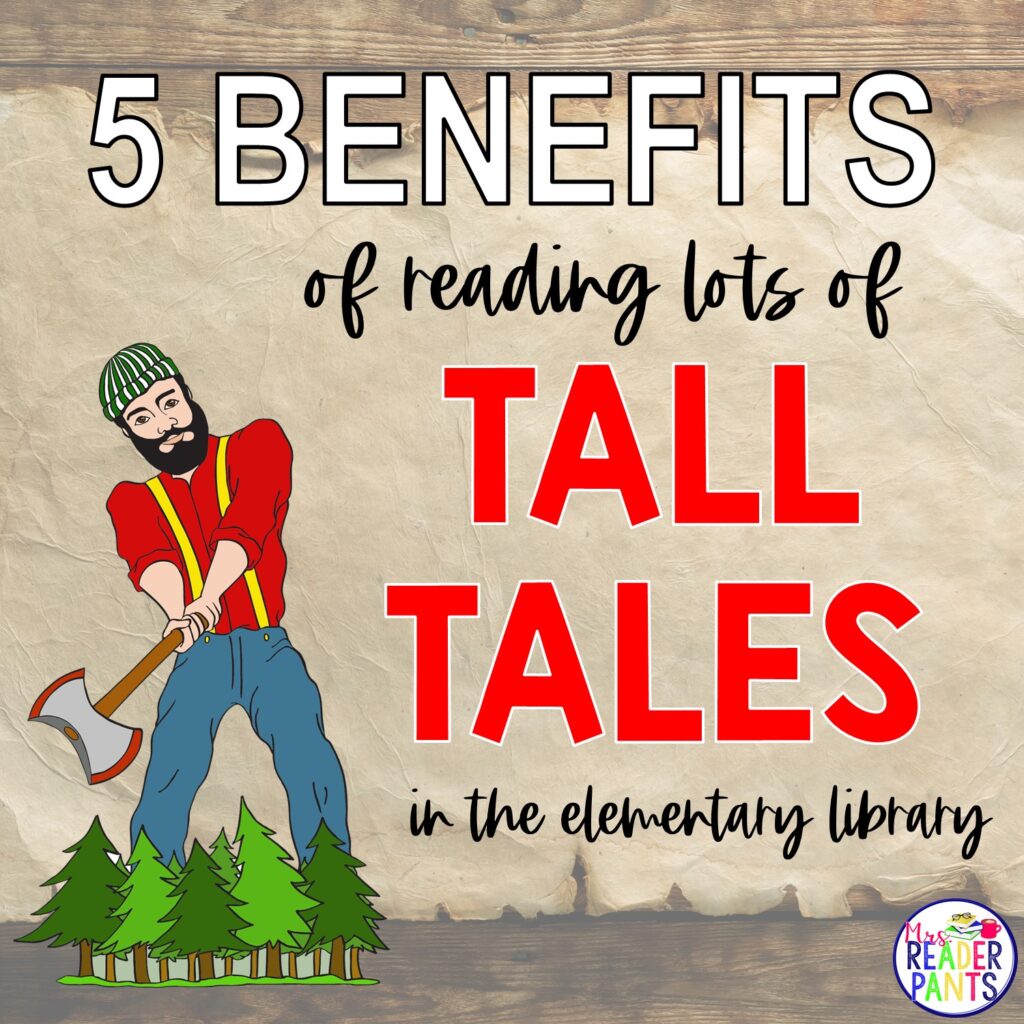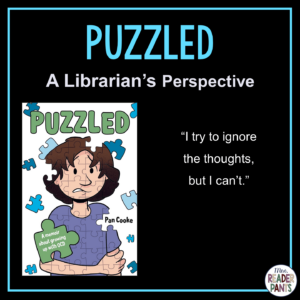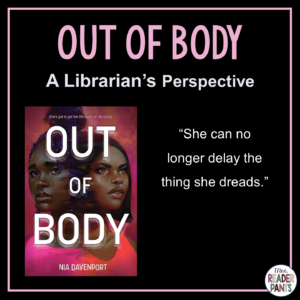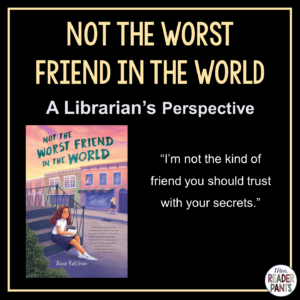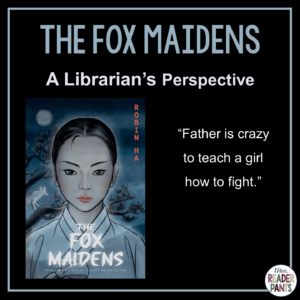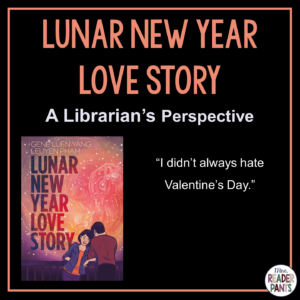
Comedians are an interesting bunch, and I have much to say about them. On the surface, the genre personality suggests an outgoing student who attracts attention by being funny. And that is true of some Comedians. But I think many Comedians worry about their reading abilities, and as a result, are often quiet, somewhat shy, and sensitive.
The Comedians I know tend to be less socially mature than their peers. Because they prefer visual reading materials like graphic novels, illustrated texts, and nonfiction with lots of photographs, I think students with dyslexia, particularly unidentified dyslexia, may fall disproportionately into the Comedian genre personality. I would be very interested to hear what your experiences are with Comedians and whether you agree me about the higher potential for dyslexia in Comedians.

MY FAVORITE COMEDIANS
*To protect their privacy, all student names have been changed.
Mitch
The Comedian is Mitch. I had Mitch in my class several years ago, and I have wondered about him many times since. Mitch was a little guy, but he had a big personality. He could be loud at times, and he sometimes shouted out inappropriate things at inappropriate times. Mitch started out reading only from our Humor section, which featured books like Diary of a Wimpy Kid, and our graphic novels section. As he grew older, he sometimes ventured into High Fantasy and Science Fiction, but graphic novels and humor were still his bread and butter.
Mitch was socially immature compared with his peers. He picked his nose, spit when he talked, and wore basketball shorts even when it was 40 degrees outside. He sometimes took books from the library without checking them out. Mitch had some problems going on at home, and he worked with our school counselors regularly. The library was Mitch’s calm place, and our counselors frequently brought Mitch to the library as a safe place where he could get himself together if he was having a tough day.
Paul
The Comedian is Paul. Paul was another smaller boy whose maturity level didn’t yet match that of his peers. He was a sweet, somewhat quiet boy who frequently came to the library at the beginning of DEAR time, once again looking for a book because he didn’t have one. Paul didn’t read much and tended to stick with our humor and graphic novels sections. Paul loved Big Nate and Diary of a Wimpy Kid books so much that he checked them out over and over again. Paul was another one who often wore shorts in the wintertime. What’s that about?
Karen
The Comedian is Karen. Karen is a shy, plumpish girl who is smart but lacks self-confidence. Like Paul and Mitch, Karen’s social skills are a bit behind her peers. In the years I’ve known Karen, she has made huge strides in her willingness to speak out during class or around adults, but she does still clam up when it comes to talking to kids her own age. Karen likes reading graphic novels like Fruits Basket, Fairy Tail, and Kamichama Karin Chu. Now that she’s a little older, she’s been enjoying fairy tale retellings like Cruel Beauty and dystopia romances like The Selection and The Hunger Games.
Jonathan
The Comedian is Jonathan. I know Jonathan very well because he is my son. Jonathan does love to read, but he doesn’t venture far from books like Big Nate, the Awkward series, and the Dog-Man books. He will also devour nonfiction fact books, particularly those about history, outer space, and animals. He loves “Would You Rather?” questions, knock-knock jokes, and the movie Napoleon Dynamite.
Jonathan was identified as dyslexic at age 7, and since he’s gotten intervention at our school, his reading has improved exponentially. Like Paul above, Jonathan is a shy, quiet boy at school.
At home, however, Jonathan is silly, funny, and an absolute riot (which makes me wonder about Paul’s home personality). He’s disorganized. His handwriting is completely illegible. His room is a disaster. He can’t find anything when he needs it. He’s ridiculously creative. He loves to make up stories, and his memory for random details is uncanny. He’s intuitive. He likes to find out “what happens if” he puts this solid and this liquid together. I once drank from a water bottle in our fridge, only to see a blue dinosaur toy had somehow been stuffed inside the water bottle.
And guess what Jonathan’s favorite item of clothing is? You got it–basketball shorts and funny t-shirts! And don’t even get me started on his love for over-the-top hats and mismatched crazy socks!



Click an image above to view them in my TPT store.
Tips for librarians, teachers, and parents of Comedians:
1. Let them read what they want to read.
Some Comedians, such as Mitch, Karen, and Jonathan above, have discovered that they do enjoy reading certain types of books. Others though, like Paul, have learned to either dislike reading or to avoid it as much as possible. As they get older, Comedians know they do not read as well as their classmates, and if there is no DEAR time or free reading time at school, Comedians may go through many days without reading one word of text. Even in free reading time, they may be “fake reading,” looking like they are reading when they are not.
A Comedian isn’t necessarily outspoken. More introverted Comedians have learned early on how to get by unnoticed in class. They know how to look like they understand, when in reality, they are struggling to keep up.
I’ve seen far too many well-meaning teachers and parents tell their Comedians to try reading something more meaty. How about a nice classic? Or maybe this huge Harry Potter book? Or maybe our whole-class novel reading of To Kill A Mockingbird might pull that Comedian into something more substantial? It won’t. Comedians are natural worriers. They do not like to be stressed, and that thick book you think they should read–even if it isn’t all that thick to you–is probably completely overwhelming to them.
Please, please let them read their graphic novels and their Wimpy Kids and their origami books. I gave two examples of Comedians above whose reading levels naturally went up because they had discovered certain books they really loved. If you give them ample opportunity to enjoy reading, their reading will improve, and they will naturally graduate to more “meaty” texts. Or maybe they’ll continue to read graphic novels. Comedians often excel in other areas; there are plenty of successful adults who read a lot of comics. Ever watch The Big Bang Theory?
2. Watch for signs of dyslexia and make referrals to your dyslexia specialist if needed.
I mentioned above that my son is dyslexic and very much fits The Comedian personality profile. He actually helped me put together the Comedian parts of the quiz. The answer “Belly Buttons” in one of the questions…that was his suggestion. He also helped me put together the description about books he doesn’t like being too long, too difficult, or required for school.
I started seeing signs that something was different about Jonathan’s learning when he was about two or three years old. I’m a teacher who has worked with students with learning differences for years, so I knew quickly that he didn’t learn the same way. I researched and observed and recorded the things my son did. As soon as he was eligible for dyslexia testing (second grade in our school district), I talked to our school’s dyslexia therapist and had him tested. Sure enough: dyslexia.
My son is lucky. Both his parents are teachers who understand learning differences and can quickly identify when a child isn’t learning at the proper pace. We celebrate his dyslexia because, while he definitely has his struggles, he has all kinds of brilliance and creativity that blow us away every day. However, most students do not come from teacher families. Their parents or caregivers likely do not recognize signs of dyslexia, which can be subtle and may look like laziness rather than a learning difference.
Because Comedians tend to prefer books with lots of pictures and illustrations, it is possible some Comedians may have unidentified dyslexia or other learning differences. Small text and narrow margins are scary things for dyslexics, who often skip lines or see words or letters moving around on the page. That could be why they prefer lots of illustrations, large fonts, and wide margins in their books.
Dyslexic students who are not identified early are VERY GOOD at looking like they understand. They know they don’t get it, but they don’t understand why. Rather than risk being “different” from the other students, they master the art of blending in, staying quiet, listening and observing rather than reading. They may raise their hands in class, but pay close attention to this. Are they only raising their hands when lots of other students are raising their hands? Could this be because the odds of being called on are significantly lower when many hands are in the air? When you do call on them, do they know the answer? Or, do they say or do something silly to distract the teacher from the right answer? Do they say “I forgot what I was going to say” or ask to go to the bathroom right then? Think about it.
Because they are good at blending in, it’s common for dyslexic learners to go unidentified for years. They may be behind the others, but they are not far enough behind to signal a possible learning difference.
I could write a ton about my own experiences with my son’s dyslexia (and I suspect, my dad’s as well), but I’ll let the experts do the talking. I have learned from my son and my dad that dyslexia is like a super-power. There are so many things they excel at, but yes, they do both have their kryptonite.
Test for Dyslexia: 37 Common Traits
Signs of Dyslexia from the Yale Center of Dyslexia & Creativity
Mayo Clinic: Symptoms of Dyslexia
My favorite book on dyslexia: The Dyslexia Empowerment Plan by Ben Foss. A must-read for all teachers and parents whose kids struggle with school.
3. Give them free reading time.
Comedians will read, but often, it’s only if they are given the specific time and expectation to do so. My son loves to read, but during the day, he’s far too busy putting dinosaurs into water bottles or Skittles in his hot chocolate to stop and read a book. Therefore, we established a bedtime routine in my house–everyone reads. My son loves this time, and it’s not unusual for me to have to make him stop reading because it’s already 10:00 and he’s completely absorbed in his book. He also loves his DEAR time at school, and he loves reading in the school library during his morning break and lunch hour.
Free reading, by the way, should be just that. If students want to read Seventeen magazine or Amulet or Diary of a Wimpy Kid for the 487th time, you should let them.
3. Let them try audiobooks.
Audiobooks are FABULOUS for Comedians! Audiobooks can help Comedians explore other genres and increase their vocabulary. Even better if they can follow along in the printed book. Again, do not give them a long audiobook. Humorous audiobook short stories like Jon Scieszka’s Guys Read: Funny Business or Robert D. San Souci’s slightly creepy Short & Shivery series can be a great way to introduce audiobooks.

